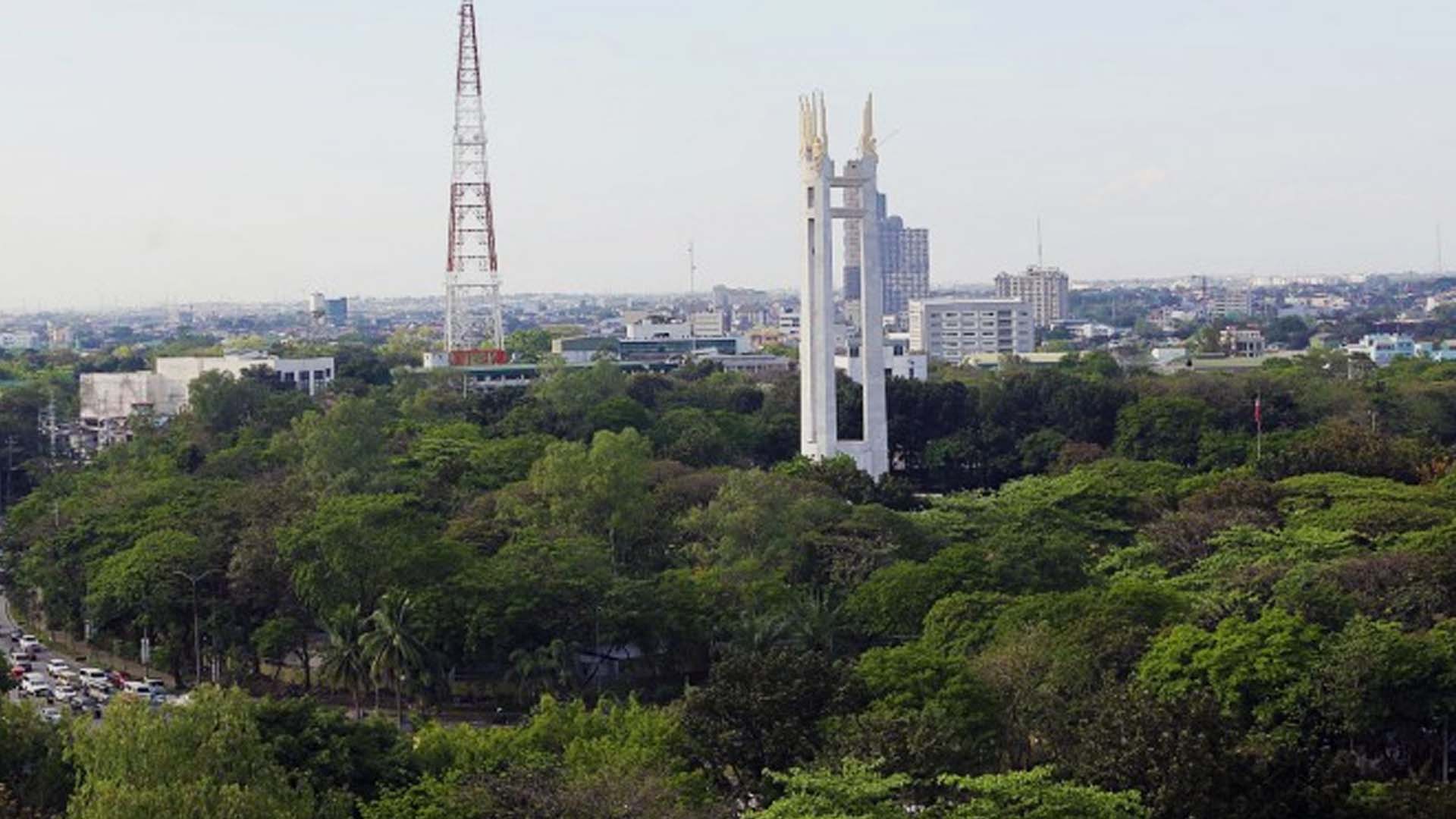The Quezon City government is hosting an international forum that promotes healthier and more sustainable food systems, as part of the Partnership for Healthy Cities Food Policy Workshop.
In a news release Wednesday, the city government said delegates from Amman, Bandung, Colombo, Jakarta, Muscat, and Quezon City convened for the event, with technical guidance from the World Health Organization (WHO) and Vital Strategies, a leading global public health organization.
The three-day event, set from Tuesday to Thursday, is part of the Partnership for Healthy Cities, a global network of 74 cities working to prevent noncommunicable diseases (NCDs) such as heart disease, diabetes, and cancer.
Delegates to the event would share best practices on food procurement standards, calorie labeling, and enforcement systems.
Mayor Joy Belmonte underscored the city’s pioneering reforms, stressing that the city’s journey to better food policies was not built overnight.
“Through evidence-based interventions, multi-sectoral collaboration, and citizen participation, we continue to expand healthier food choices that help prevent NCDs and protect public health,” she said.
During the workshop, the city showcased several of its pioneering initiatives, including the Sangguniang Panglungsod (SP)-3252 S-2023 or the Healthy Diet in Schools Ordinance that ensures nutritious meals in public schools to support children’s health and learning, SP-3254 S-2023 or the Calorie Labeling Ordinance mandating restaurants and fast-food outlets in the QC to display calorie information to guide consumer choices, and Executive Order 16 S-2021 or the Healthy Public Food Procurement that require all city-procured food to meet national and World Health Organization nutrition standards.
Vital Strategies Asia Pacific Deputy Director Farhad Ali commended Quezon City’s leadership, calling it a model for other urban centers.
“Cities like Quezon City are showing how strong leadership, evidence-based policies, and collaboration can transform the food environment to protect people’s health,” he said.
Since joining the Partnership for Healthy Cities in 2017, QC has remained the sole Philippine city in the 74-member global network, standing out for its focus on nutrition, food systems, and healthier urban environments. (PNA)






